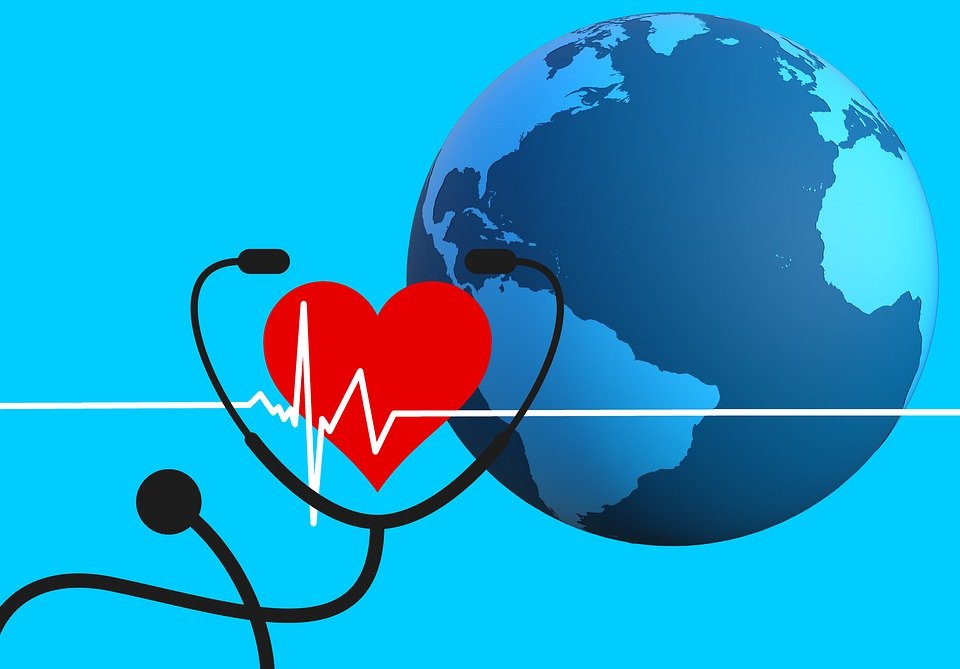Linda Lacina, Digital Editor,World Economic Forum
The 73rd annual World Health Assembly has been marked by a series of firsts. It’s the first WHA to be held by teleconference and also the first to be held while its host, the World Health Organization, faces unparalleled attention for its handling of the pandemic.
Here are four facts to know about the two-day event and what’s happened so far.
1. What is the World Health Assembly?
The Assembly is the WHO’s decision making body. This meeting brings together the WHO’s 194 member states to discuss a range of topics including the agency’s priorities, leadership and budgets. New health goals are also set at the session, according to an explainer on the WHO website.
The multi-day meeting is typically held in Geneva but was held remotely over just two days this year thanks to the coronavirus.
2. A special ‘coronavirus inquiry’ was proposed. What is that and why is important?
A conference paper filed ahead of this year’s WHA called for a review of the WHO’s response to the pandemic. So far, 122 countries support the conference paper including the UK, Russia, China, Australia and New Zealand.
The WHO’s handling of the virus has drawn intense scrutiny as many countries have struggled to contain the disease. The virus has infected more than 4.7 million people, halted economies, and killed more than 318,000 people.
WHO officials shared guidance for responding to this new coronavirus on 10 January, soon after it was discovered in December. The agency issued its highest alert a few weeks later. While the WHO can issue recommendations, its member countries determine the response they’ll take for their specific populations.
At the WHA, WHO Director-General Tedros Adhanom Ghebreyesus said that even in the world’s worst-affected regions, serology tests showed that only around 20% of people had contracted the disease. “In other words, the majority of the world’s population remains susceptible to this virus.
3. What was the WHO’s reaction to the inquiry?
Tedros said he supported a review and that the agency would conduct one “at the earliest appropriate moment”.
“We all have lessons to learn from the pandemic,” he said. “Every country and every organisation must examine its response and learn from its experience. WHO is committed to transparency, accountability and continuous improvement.”
4. What other suggestions did member countries propose?
Countries called for more transparent data sharing and early warning systems. South Korea’s President Moon Jae also asked for WHO International Health Regulations to be revised to give the agency “more binding force”.
Those regulations are a binding legal instrument for WHO member states.
But while member states are expected to inform the WHO of outbreaks, the agency has little power to step in without a country’s approval.
https://www.weforum.org/agenda/2020/05/5-facts-about-this-years-world-health-assembly/

